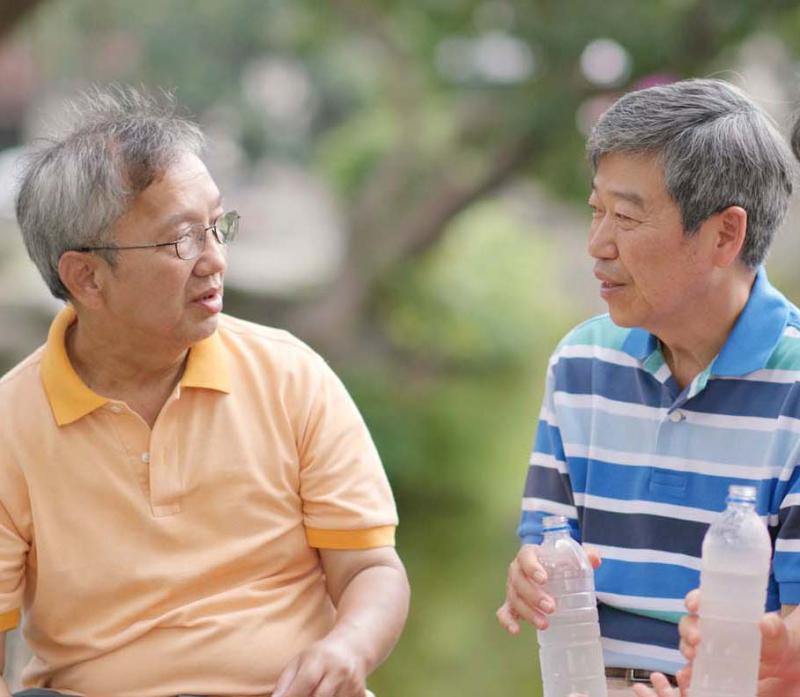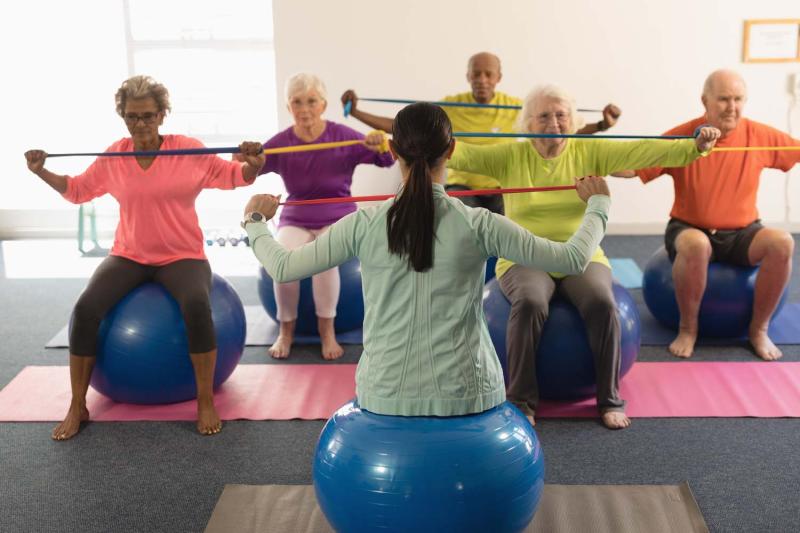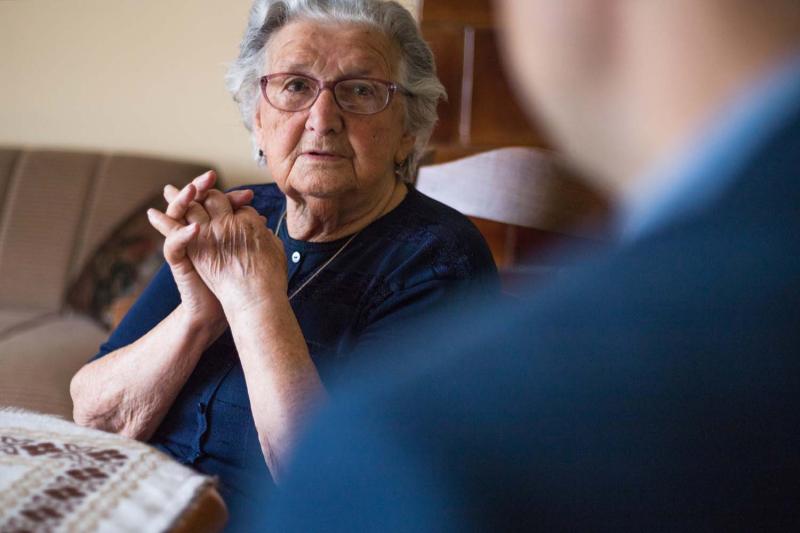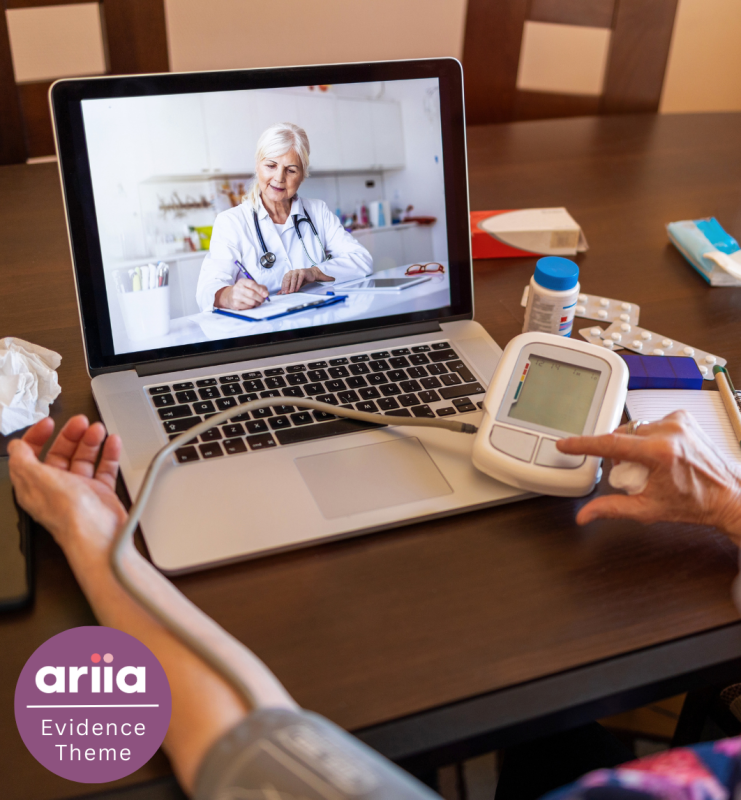Resources
Browse resources created and collated by ARIIA as a trusted, evidence-based guide to supporting innovation across the aged care sector.
Showing

Fact sheet 2: Clinical governance and the Aged Care Quality Standards
The second in a series of Aged Care Quality and Safety Commission information sheets that describes the links between clinical governance and the Aged Care Quality Standards. This fact sheet discusses the quality assessment and compliance monitoring processes as they relate to clinical governance and clinical quality and safety.

Fact sheet 3: Core elements of clinical governance
The third in a series of Aged Care Quality and Safety Commission information sheets about clinical governance in aged care that aim to help aged care providers meet their responsibilities for ensuring the quality and safety of clinical care. This fact sheet describes the six core elements of clinical governance where action is needed.

Fact sheet 4: Roles and responsibilities for clinical governance
The fourth and last in a series of Aged Care Quality and Safety Commission information sheets about clinical governance in aged care. This fact sheet describes the main roles and responsibilities for clinical governance for different people working in an aged care service.

Discussion paper: Governing inclusively
This discussion paper by the Aged Care Quality and Safety Commission assists aged care governing bodies to examine their organisation to ensure the delivery of inclusive and culturally safe care, that respects the individual needs, preferences, and expectations of each person. (Clicking on the link will download an MS Word doc.)

Discussion paper: Compliance with clinical governance obligations
An information sheet produced by the Aged Care Quality and Safety Commission, that discusses compliance with clinical governance obligations. The discussion paper includes tips to use before a meeting, and questions for discussion during the meeting. (Clicking on the link will download an MS Word doc.)

Clinical governance for allied health practitioners
A factsheet produced by the Australian Commission on Safety and Quality in Health Care that identifies the clinical governance roles and responsibilities of allied health practitioners (AHPs), and how AHPs, managers and members of governing bodies are accountable for ensuring an effective clinical governance framework is in place.

Governance and care at the end of life
An information sheet from palliAGED (palliative care aged care evidence) that presents insight into governance and care at the end of life.

Technology in aged care: Maintaining dignity
Dignity is an important consideration in aged care to ensure older people maintain their sense of value and worth regardless of their physical or cognitive abilities. Technology use should be used to support care and not violate dignity. This resource from ARIIA is a short easy-to-read summary of the research evidence.

Technology in aged care: Telehealth acceptance
Telehealth uses ICT to deliver healthcare services remotely. Factors that improve or reduce the acceptance of telehealth in aged care were identified as part of a scoping review of the human factors associated with technology uptake. This resource from ARIIA is a short easy-to-read summary of the research evidence.

Technology in aged care: Privacy and safety
Some technologies used in aged care settings raise privacy concerns for older people, their families, aged care staff, and providers. This resource from ARIIA is a short easy-to-read summary of the research evidence.